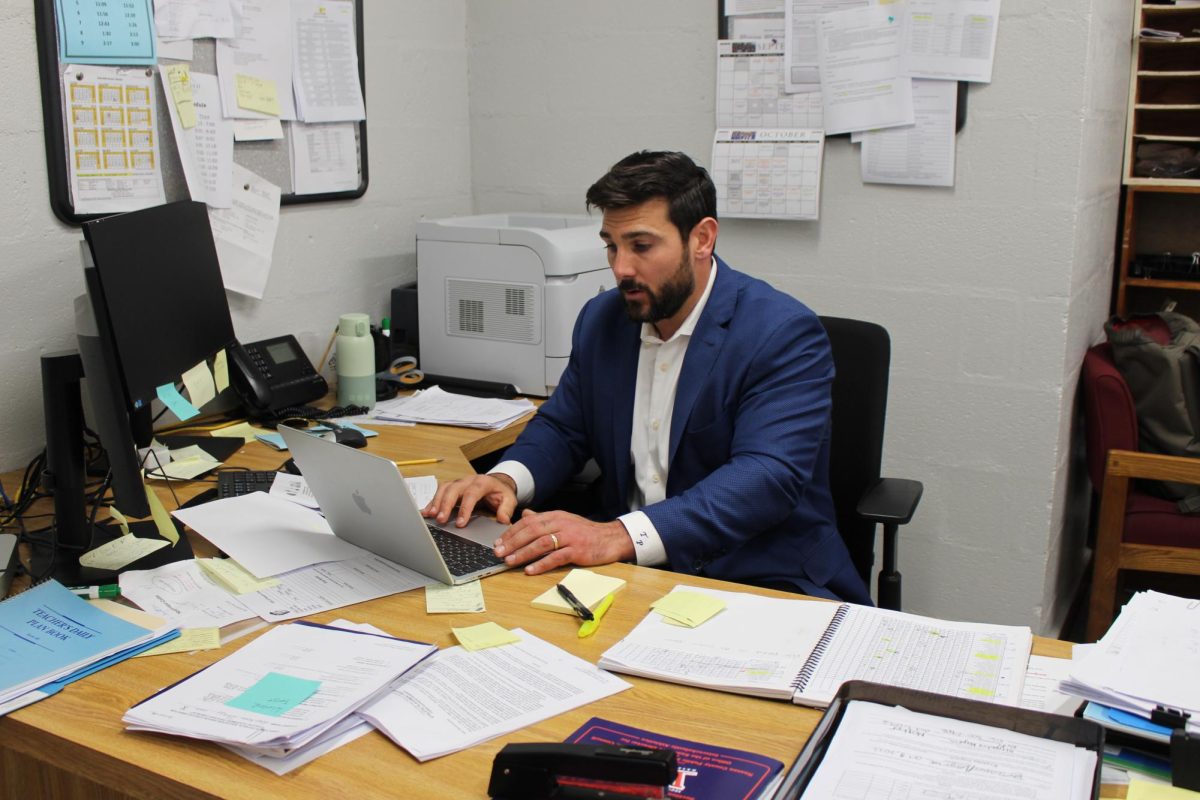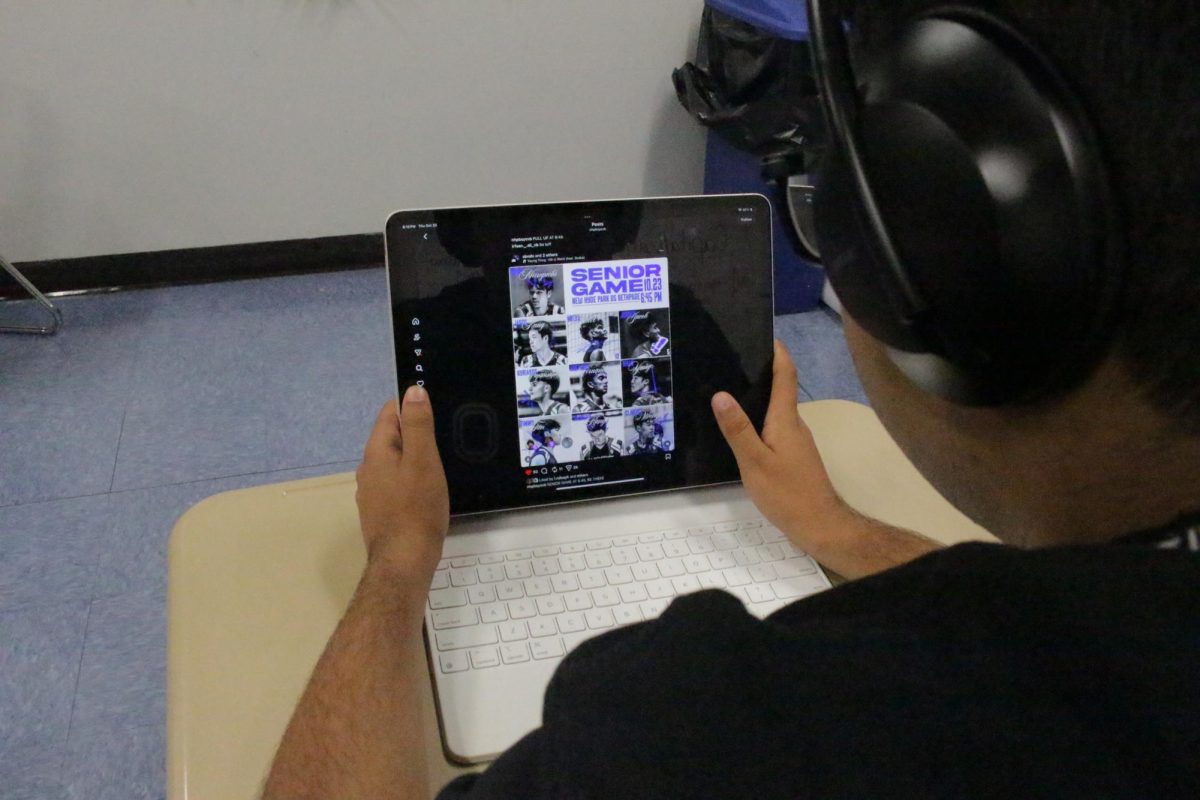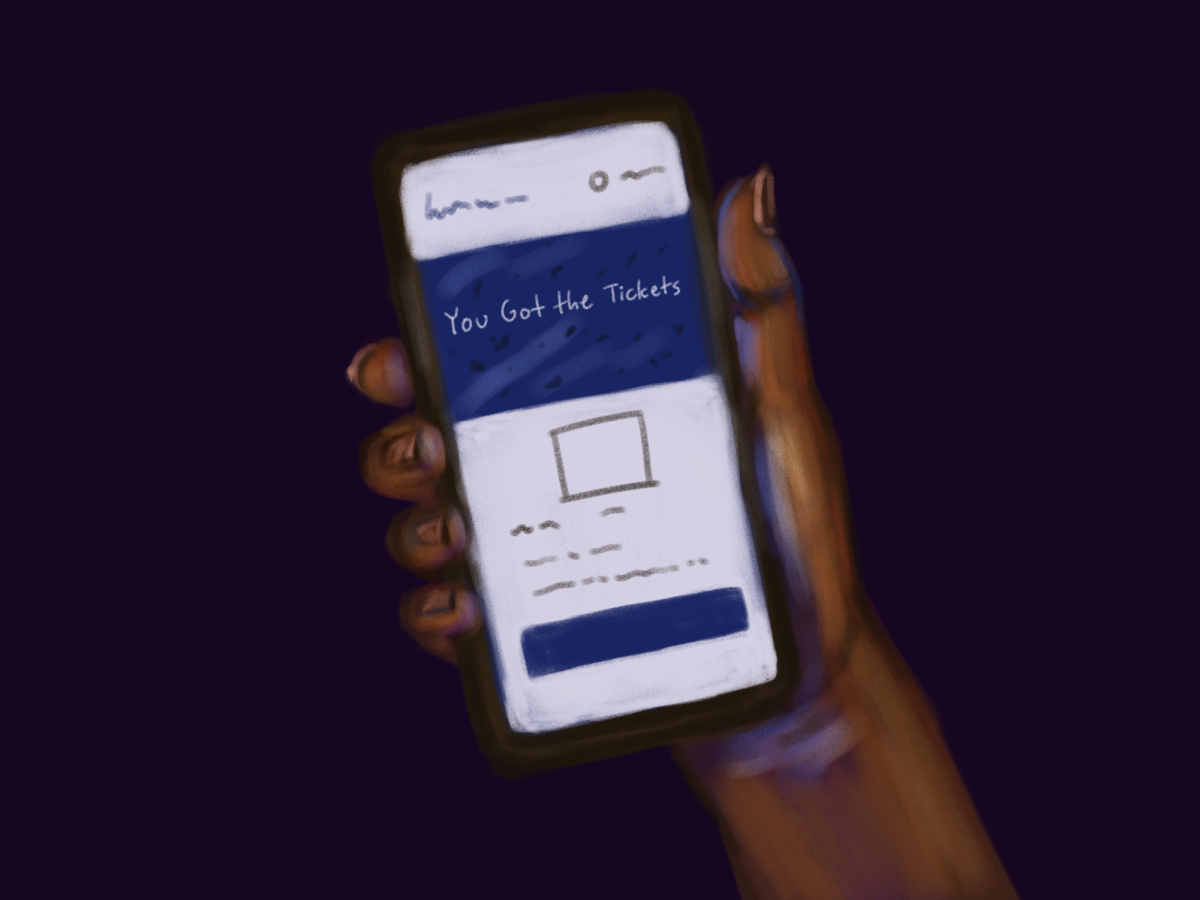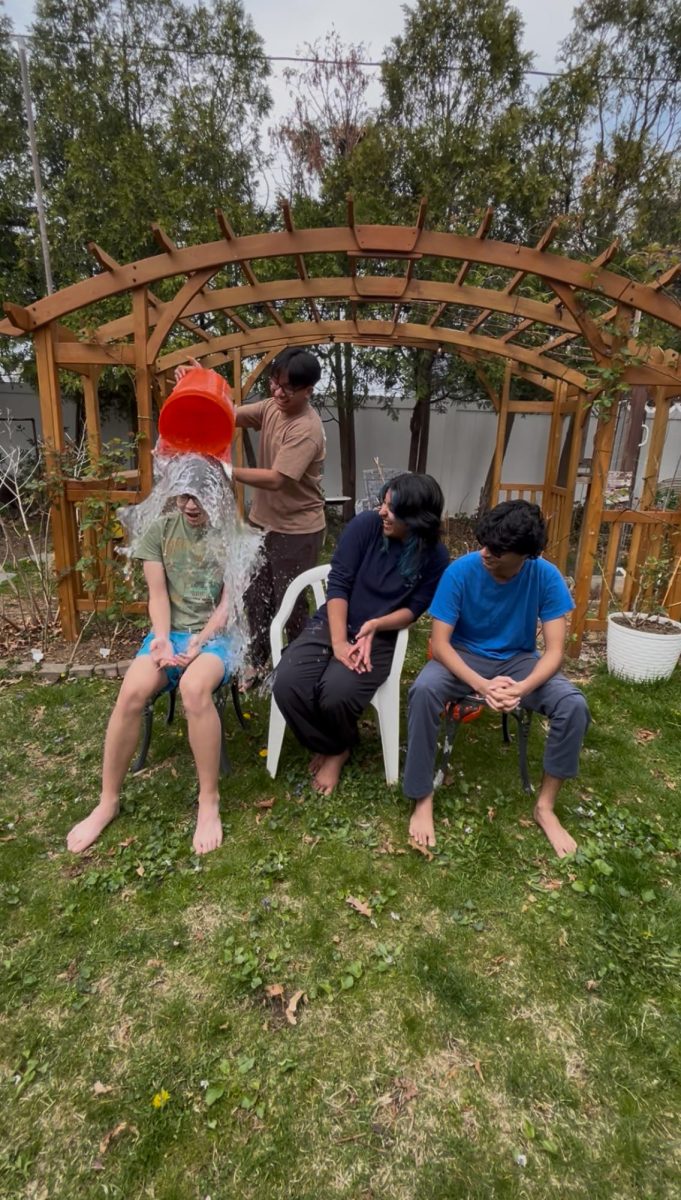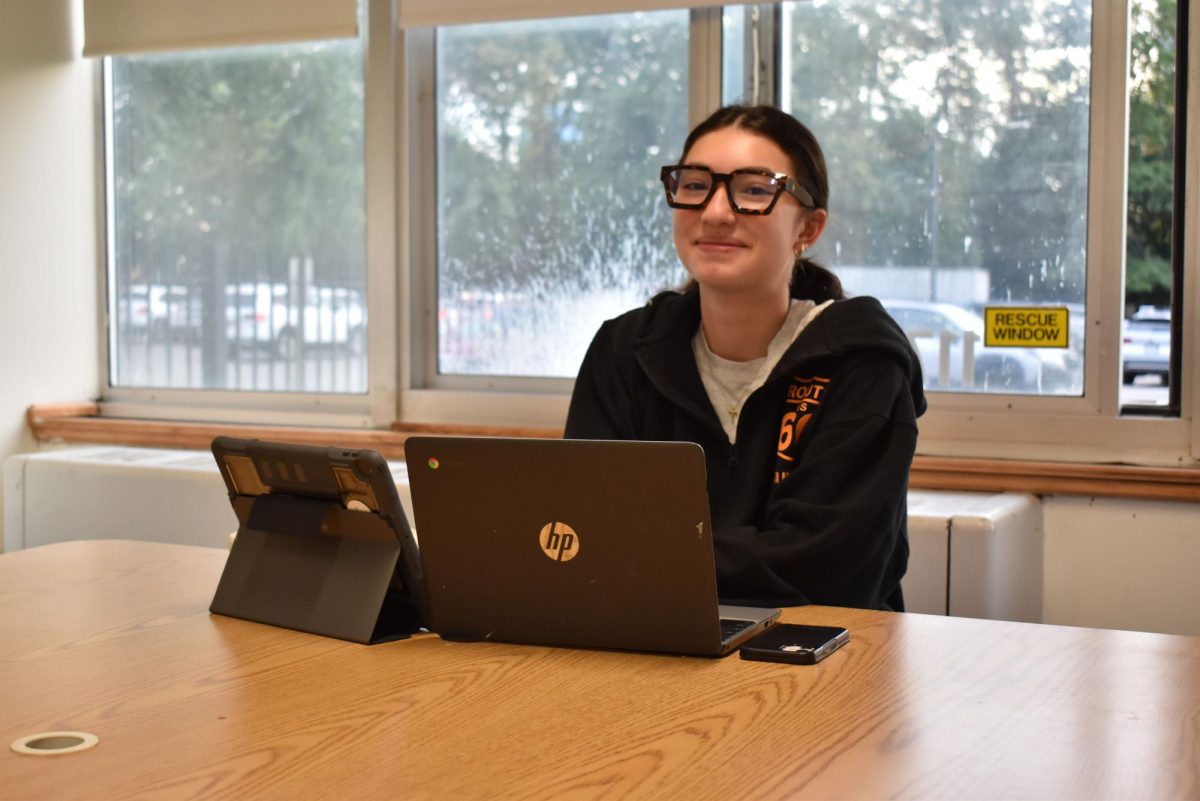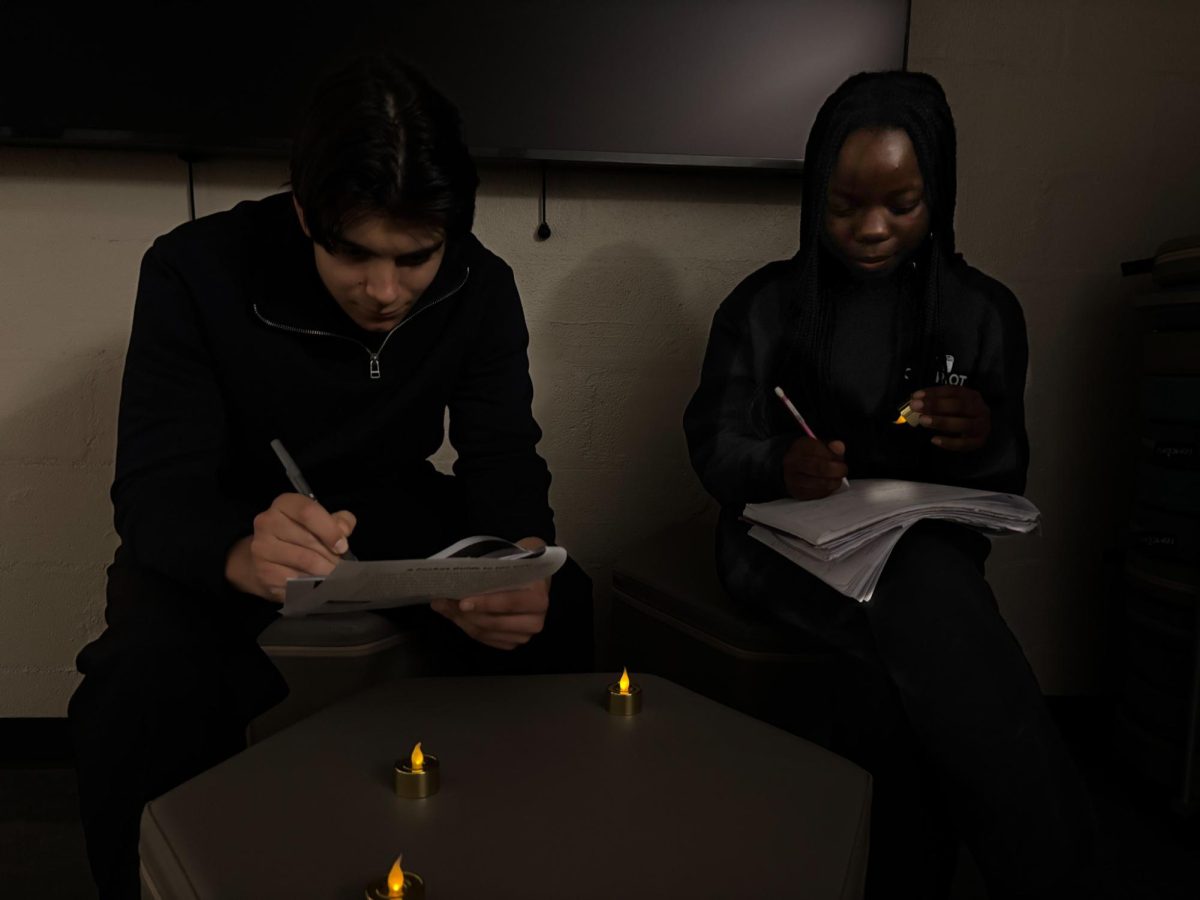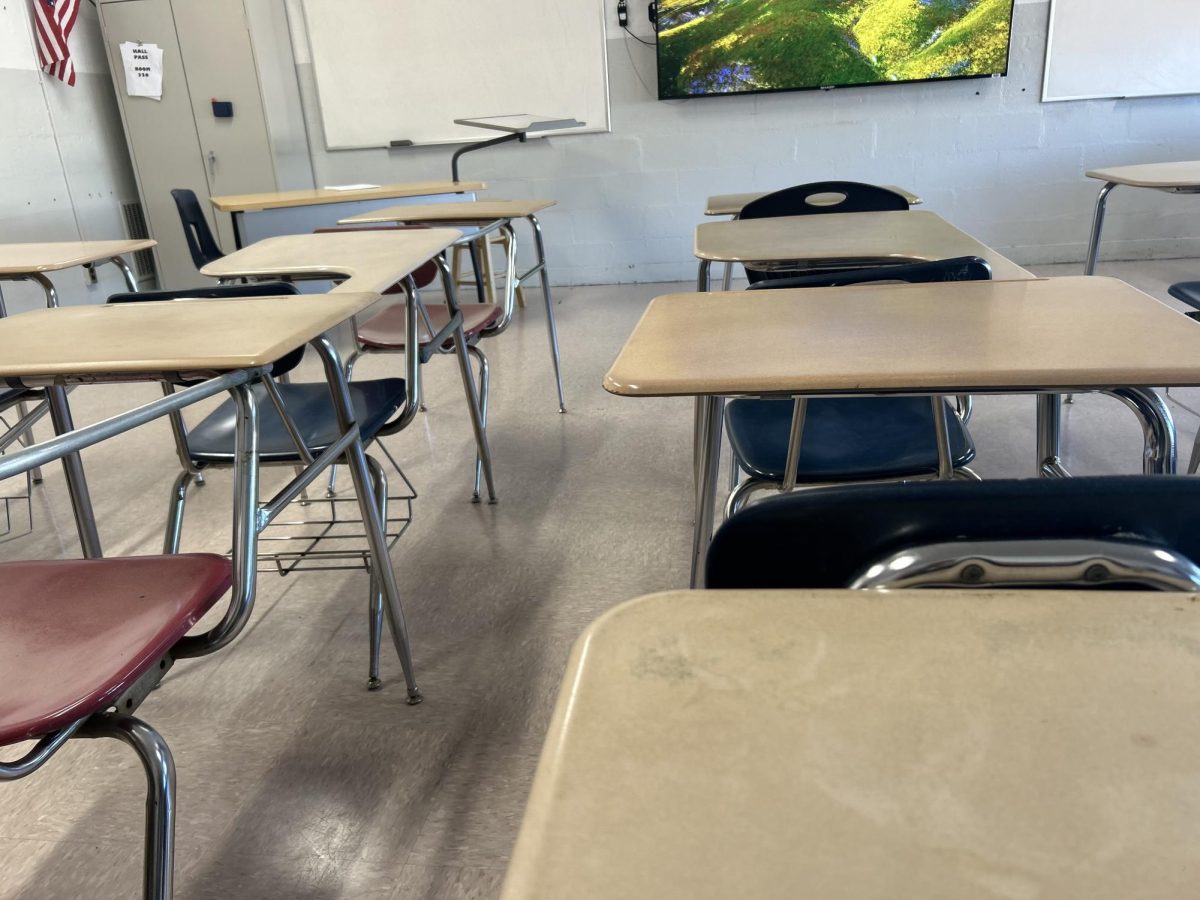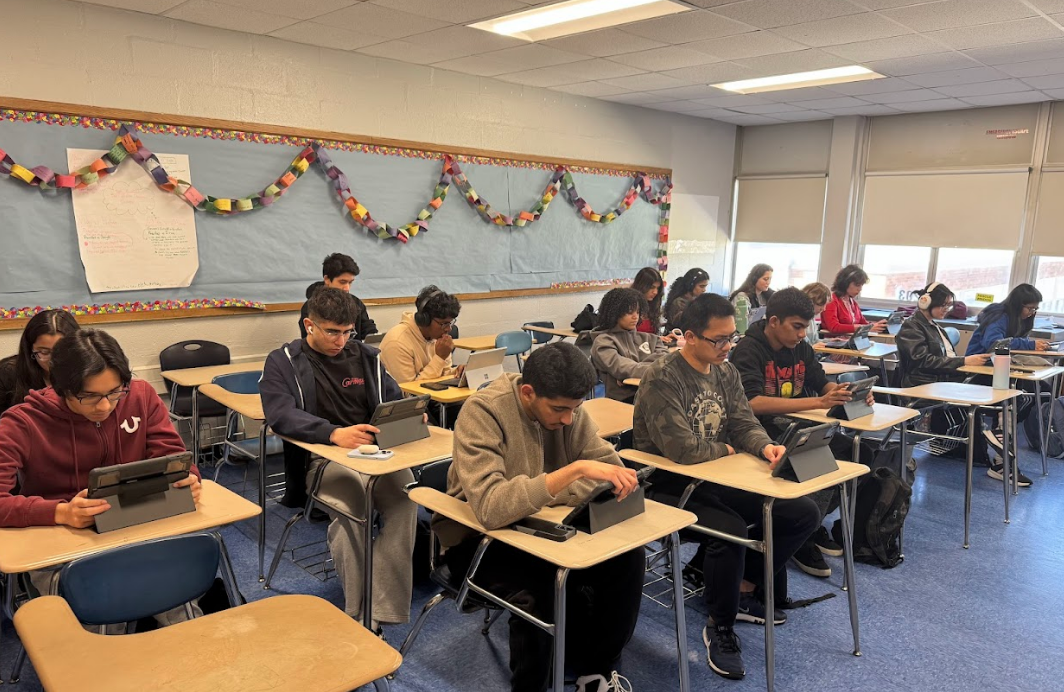Six weeks into the new school year, NHP students and faculty are adjusting to life without cell phones in classrooms, cafeterias and hallways. So far, nearly 200 phone warnings (PHs) have been issued under the new cell phone policy, and more consequences have been put in place as administrators work to enforce the rules and encourage students to stay focused and engaged during the school day.
Under the new state-mandated policy, students are prohibited from using or carrying their phones throughout the school day. Schools were allowed to determine how to enforce the ban: some required students to keep phones in their lockers, others used Yondr pouches and some collected devices directly through the principal’s office.
At New Hyde Park Memorial, students are required to turn off all phones, headphones and smartwatches and store them in lockers during the school day. Devices are not allowed in bathrooms, hallways, cafeterias or locker rooms, and headphones may only be used with teacher permission. Parents must contact students through the school offices or email on school devices. Students with medical needs can request exceptions through a 504 plan, while seniors and CTE students may use phones only after leaving the building.
The phone policy has been implemented because, in recent years, smartphones have become widespread in students’ lives, offering both advantages and challenges. While these devices provide access to information and communication, their presence in classrooms has raised concerns among educators and policymakers.
Research indicates that excessive smartphone use can detract from students’ ability to focus during lessons. A study highlighted by the National Education Association found that cellphones significantly hinder students’ capacity to concentrate on academic tasks, leading to decreased classroom engagement. Additionally, the constant connectivity can contribute to increased stress and social tensions among students, as they navigate the pressures of digital interactions alongside their academic responsibilities.
Recognizing these challenges, New York State took decisive action. On May 6, 2025, Governor Kathy Hochul passed a statewide phone ban, officially taking effect in September 2025 across all New York State schools. The policy applies to students from kindergarten through twelfth grade and was introduced to reduce classroom distractions and encourage stronger in-person social interaction.
To support compliance, New Hyde Park Memorial implemented a progressive discipline system: a first offense results in marking the tardy with a PH attendance code and encouraging the student to put the device away; the second step includes a teacher call home with a log entry; the third step involves a chairperson call home and documentation; the fourth step results in a dean-assigned detention or extracurricular ban; and the fifth step triggers assistant principal intervention, such as placement in a safe area for parent pickup. Refusal to comply at any step results in immediate disciplinary action, and all incidents are recorded in the Teacher Contact Log to ensure accountability and consistent enforcement of the policy.
“I don’t mind the new law too much, but sometimes I worry about contacting my parents and sisters in case of an emergency—this gets really annoying, because email is a lot slower than text messages,” sophomore Milan Varughese said. “I also noticed that I don’t reach for my phone quite as much as I used to.”
Significant changes have been made to students’ daily school lives, such as not being able to contact friends and family, paying more attention in classes and being more social. Additionally, teachers have noticed an increase in participation and engagement in their classes during lessons.
“It’s made classroom management easier because there are fewer distractions and fewer arguments about phones and earbuds,” science teacher Ms. Phillip said. “Students are far more engaged in class and with each other. I love that for them! It is refreshing to see everyone talk more (never thought I’d say that!). Overall, I think it promotes focus and engagement. I’m not opposed!”
The phone ban has also changed how students interact outside of class. Many students are spending more time talking to friends during lunch, recess and passing periods. However, the policy has also raised concerns among students who feel limited in their ability to communicate or unwind during the day. Some students relied on their phones for quick coordination with family, accessing information for class or simply taking a mental break.
“To me, this new law is frustrating because I usually use my phone to plan things and talk to my parents if something comes up. On top of that, I also just want some time to relax—not everyone is social, and not everyone feels like talking to other people all day. Being able to have a social break on my phone helps me and probably many others as well,” sophomore Yunqi Zhang said.
“So when I first heard about the ban, I thought it was stupid, but also justified at the same time. Since phones aren’t necessarily a problem for all, and if it is problematic, then that shouldn’t be a concern for the school; rather, it should be a concern for the student and the parents of said students. However, this ban has ultimately done nothing to deal with the inherent issue,” senior Jayden Prasad said. “Phones are still used in school, just much more secretly or with more frequent disciplinary action. The loss of phones could even have encouraged various students to think outside the box to gain access to various forms of media, whether on a school-issued device or their own unlawful device. So while initially the device ban left me skeptical and confused, at this point I feel nothing towards it as it is just a minor inconvenience.”
While reactions remain mixed, the overall outcome of New Hyde Park’s implementation of the phone ban points toward a more focused and connected student body. Early observations suggest that the phone ban has positively influenced academic performance and social engagement, reshaping school culture.






